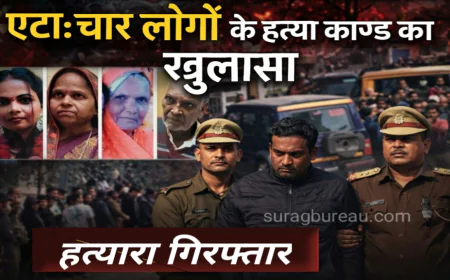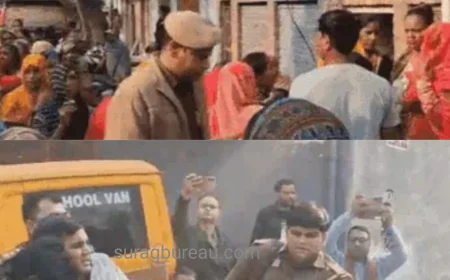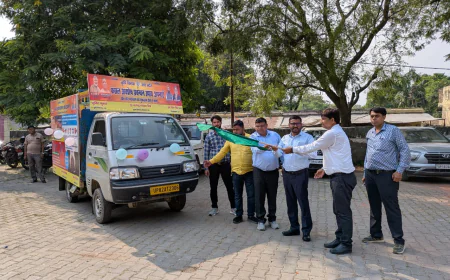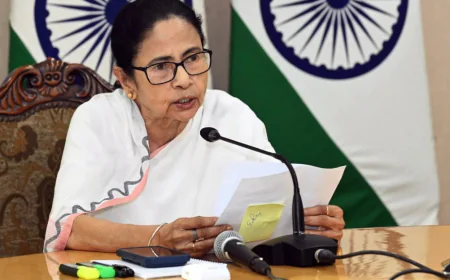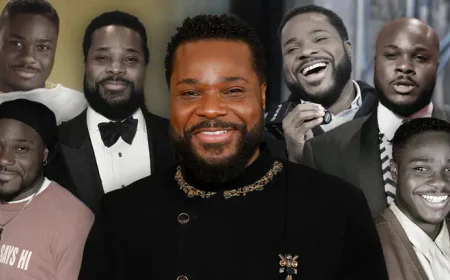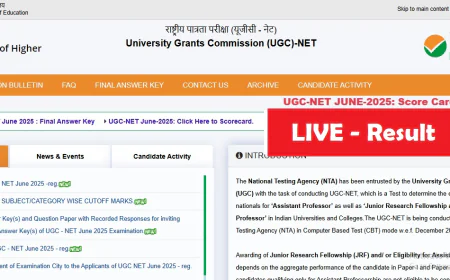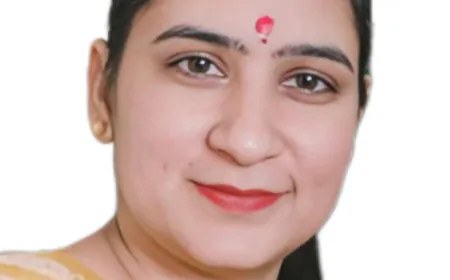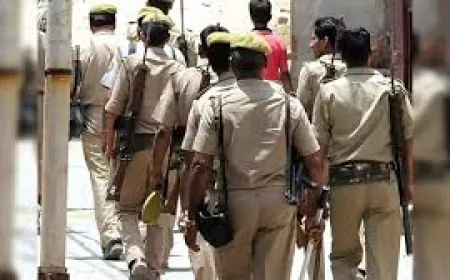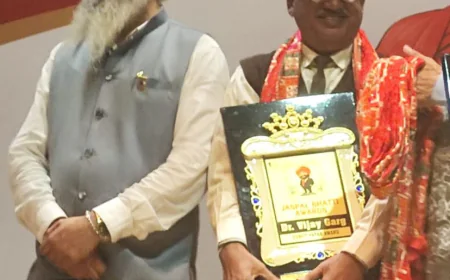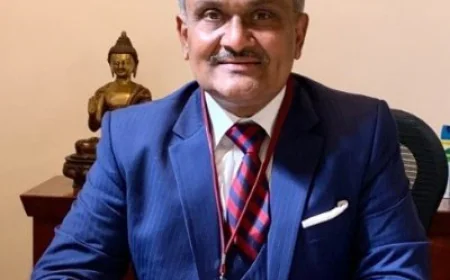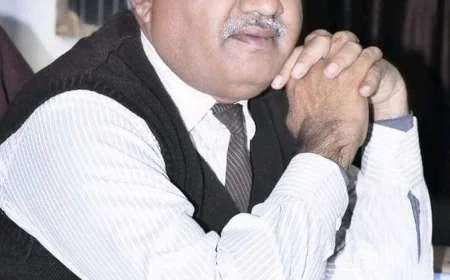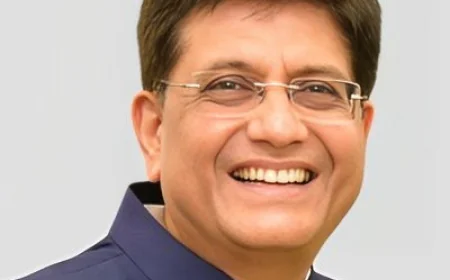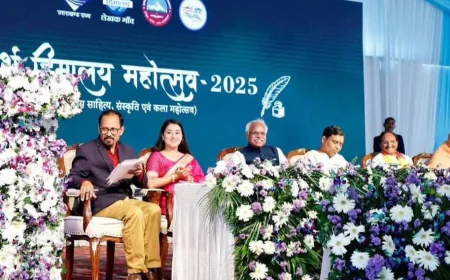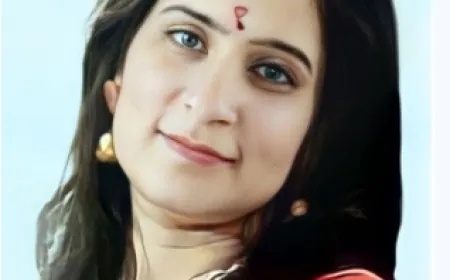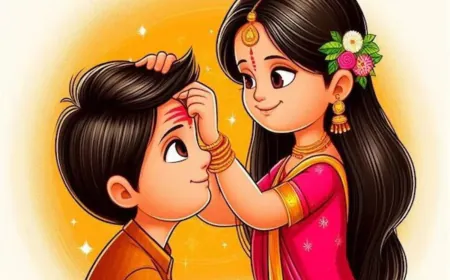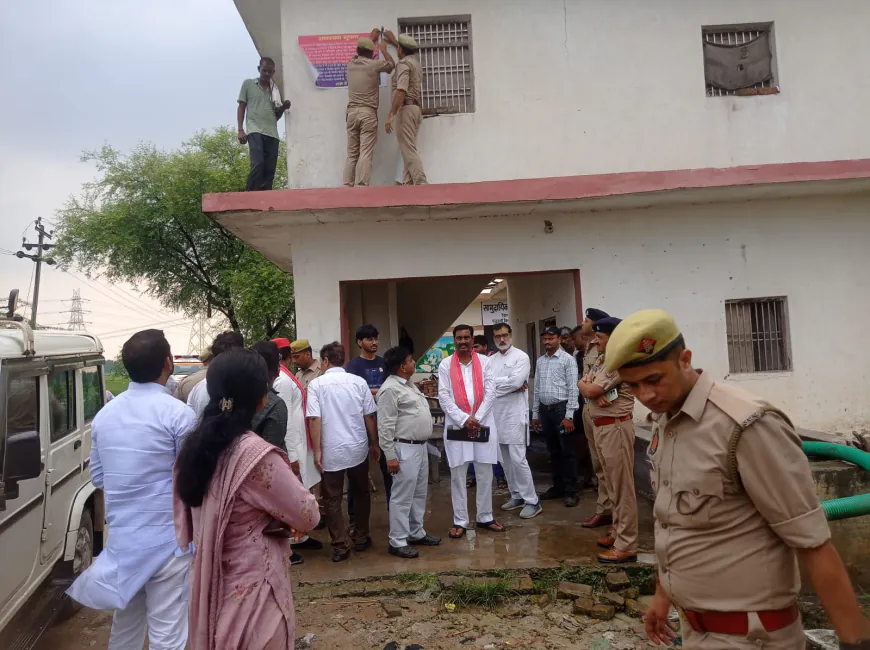Women's role in the path of peace
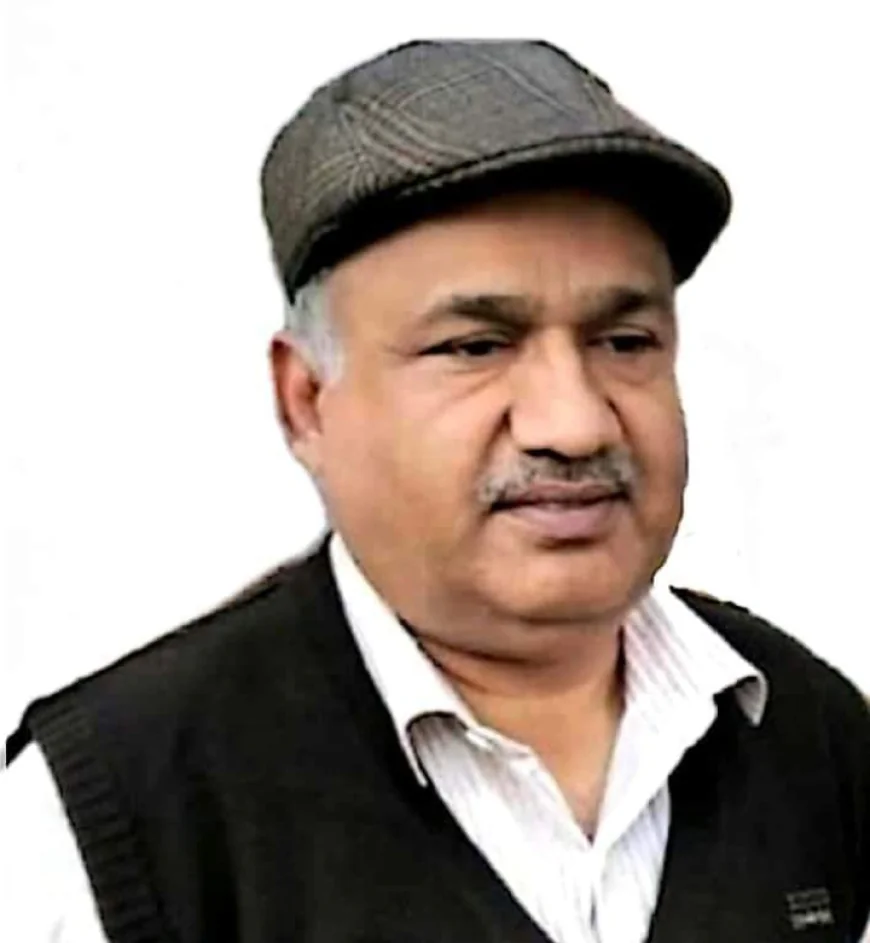
Women's role in the path of peace
When the smell of ammunition melts into the air, a mother's laughter and confidence in women's safety are silenced first. This is the moment when the question seems deepest, where are women on the path of peace? The issue raised by UN Secretary-General Antonio Guterres about conflicts in the world is not just a formal concern, it's an embodiment of the truth that lies in women's experiences around the globe.
He warned that military spending is increasing globally today, with more armed conflicts than ever before and sexual violence against women among them. According to the United Nations Women's Agency, about 67.6 million women currently live within fifty kilometres of deadly conflicts. This is the highest number since 1990. This figure is not just a statistic, it's evidence of our collective failure in efforts. in peace Is. of direct The World Bank and the United Nations report states that wherever a country ensured women's participation in peace talks, ceasefire continued for an average of thirty-five percent longer. Yet today, only thirteen percent of peace agreements include women. This global imbalance is not just a question of political representation, but an indication of the crisis of human understanding.
Because where women are absent in judgment, peace remains incomplete. Women are not just victims during War 6, they are carriers of life, reconstruction and harmony. But when it comes to war and diplomacy on the world's big stages, their voices get stuck in a corner. Like this world only understands the language of weapons. This question is not more complicated in the context of India. There has been a tradition of worshipping women as deities, but her involvement in power, policy and decision making is still limited. Reservations in Panchayats have given women the opportunity for public representation, but their number has been nominal in national policy-making, security councils and peace talks. Women are still represented in India's parliament at around fourteen per cent, which is well below the global average of twenty-six per cent.
That's when India is among the countries where women have played a leading role on every front from freedom movement to social reform. Queen of Jhansi, Aruna Assaf Ali, Kasturba Gandhi, Savitribai Phule, or today's Irom Sharmila All of these proved that when women lead, conflict can also turn into compassion. But their presence on the decision-making forums today is an exception, not a rule or tradition Peacebuilding processes around the world show that when women are involved in conflict resolution, they look at issues not only from a political perspective but also on the level of social reorganization. they family and understand the underpinnings of society, which break apart in the horror of war. For example, the leadership of women in Liberia's peace process put an end to years of civil war. Leima Gabovi and her colleagues led a movement for peace, which Showed the whole world that even without weapons, wars can end. Women mediators also reached peace agreements in Bosnia, Colombia and the Philippines to durability. Nevertheless, women's participation in any major international talks globally did not exceed fifteen percent by 2023. This situation is not just gender inequality, but a failure of collective conscience. Recent figures from the United Nations Women's Agency show that one in ten women worldwide are directly affected by some form of violence. In war-torn areas it is proportionate and scary. Sexual violence against women has been used as a weapon in areas such as Syria, Sudan, Ukraine, Gaza and Congo every After every conflict, when history writes a compromise in the name of 'Peace,' it sidesteps the suffering of millions of women with war wounds on their bodies and minds.
And when it comes to rebuilding, the same women do the work of reconnecting homes, children, society and future. It's not ironic that those who have the burden of rebuilding don't even get a place on the judging panel. The social reality of India is no less than a conflict zone. The forms of violence have changed here. Sometimes domestic violence, sometimes for false glory, sometimes exploitation in the workplace and sometimes political exclusion is gradually transformed into a major conflict that has no boundaries or religion. Women's participation in such situations becomes a condition of not only 'rights', but social sustainability. When a woman makes decisions, she leads a social movement. When she takes to the streets in search of justice, she not only speaks about her rights but decides the direction of society. Peace is not just a ceasefire, it's an experience of freedom from fear, the presence of justice and equality.
But the opportunity to form this definition of peace is still with the male-dominated system. close. As long as the peace But the opportunity to form this definition of peace is still held by a male-dominated system. close. As long as peace is kept within the scope of 'security policy' and 'military strategy', it will remain incomplete. Because to India Real peace doesn't just come from throwing weapons, it comes then. when society's consciousness rejects the idea of violence And this consciousness is born within women. They know the cost of war is not just soldiers' lives, but generations' future. should not turn away from this truth. Today, when we talk about 'Nari Shakti Bandhan', we also need to see if our policy-making, diplomacy : and women's voices are really being heard on security forums. Are women's opinions being included in the discussions of peace, development and justice? This question is not just about gender equality but human sustainability. :: The deepest definition of peace is written by the woman who does not give up hope in life even after losing everything. When she discovers a new ray of hope from the ashes, it is humanity's rebirth. So if the world really wants peace, it has to make women a participant, not an audience. Because ultimately peace does not come from the words written in a treaty, it comes from the heart of a woman who searches for the scent of life even amidst the smell of guns.
Vijay Garg Retired Principal Malout Punjab
